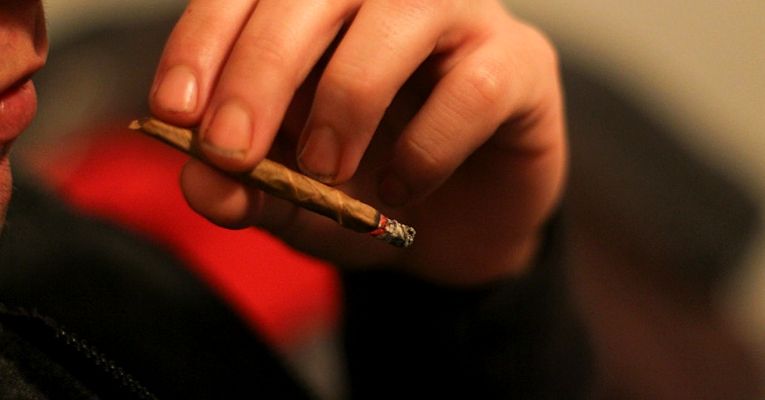News
Nevada Becomes First State to Ban Employers From Testing Workers for Weed
Nevada has passed a bill telling employers that they can no longer refuse to hire workers on the basis of their testing positive for cannabis.

(TMU) — In a move that could blaze a small but important trail for workers’ rights across the U.S., Nevada has passed a bill telling employers and state agencies that they can no longer refuse to hire workers on the basis of their testing positive for cannabis. It’s a long way to come for a state that was once infamous for its notoriously strong prohibitionist laws penalizing those in possession of marijuana.
Last week, Governor Steve Sisolak signed AB 132, which prohibits the denial of employment to cannabis consumers after drug pre-screenings. Advocates are hailing the passage of the bill because it finally clears a major gap in the law between states that have rendered marijuana totally legal for medical or recreational purposes and those U.S. companies that try to block their workers from toking up at all.
In Nevada, as in the other several states that have made recreational cannabis legal across the country, employers were still able to turn people away from jobs if they failed the “whizz quiz,” or urine-based drug tests. NFL players seeking to recover from the intense physical pressures of football are unable to use cannabis-based remedies, doctors have lost their licenses for using medicinal cannabis, and 48 percent of businesses in otherwise weed-friendly Colorado have “well-defined” rules that allow them to fire employees if marijuana is detected in a worker’s test results.
According to the Nevada law, which kicks in January:
“It is unlawful for any employer in this State to fail or refuse to hire a prospective employee because the prospective employee submitted to a screening test and the results of the screening test indicate the presence of marijuana.”
However, a number of provisions in the bill complicate matters. Safety-sensitive positions including first responders such as firefighters and EMTs, doctors, transportation and construction workers are exempt from the bill, as are workers who belong to collective bargaining agreements—which bars union workers who are extant across numerous industries in Nevada, according to Merry Jane. Additionally, federal law demands that workers like truck drivers must take drug tests.
Paul Enos, the chief executive of the Nevada Trucking Association who helped ensure revisions to the law that would allow safety exemptions for certain workers, told the Washington Post:
“We want to make sure we have safety conscious individuals … The bill gives employers a tremendous amount of discretion to determine whether or not the position they are hiring for could impact the safety of others … They can still use positive tests for marijuana to deny the job.”
The law has come a long way since it was introduced, with some employers accusing state politicians of allowing workers to blaze it up while on the clock.
Lead sponsor of AB 132 and Democratic Assemblywoman Dina Neal said during a hearing for the bill in February:
“There is nothing in AB132 that prevents an employer from having a policy prohibiting the possession or use of marijuana at the workplace … The bill does not get into violating the [federal] supremacy clause or get into the business of usurping federal law and preventing rights of federal employees.”
Yet Madisen Saglibene, the executive director of the Nevada and Las Vegas chapters of NORML, worked hard alongside legislators to ensure the bill’s passage in the face of opposition from industry representatives and politicians like Ellen Spiegel, chair of the Commerce and Labor committee.
Saglibene told VICE that the troubling provisions in the bill were a result of compromises necessary to pass the bill, explaining:
“It was hated … It was one of those things where we were meeting with legislators and they were like, Absolutely not. We are not taking away employers’ right to hire who they want.”
But thanks to Neal, who held meetings with all parties interested in the bill, a compromise was finally met. Saglibene said:
“By the time it was having its final public comments, most of the stakeholders who were initially against it testified as neutral … which is saying a lot, actually, considering they were so vehemently opposed.”
Gov. Sisolak has also signed Assembly Bill 192, which provides for a process through which individuals can petition to have their criminal records sealed if their conviction was for offenses that were eventually decriminalized, such as for a cannabis conviction.
Saglibene remains optimistic about the prospects of the AB 132, which opens the door to similar—and perhaps stronger—legislation across the country. Acknowledging that there is still work ahead, she noted:
“We’re very pleased … This isn’t the end-all-be-all but this is absolutely a step in the right direction.”
By Elias Marat | Creative Commons | TheMindUnleashed.com
Typos, corrections and/or news tips? Email us at Contact@TheMindUnleashed.com
